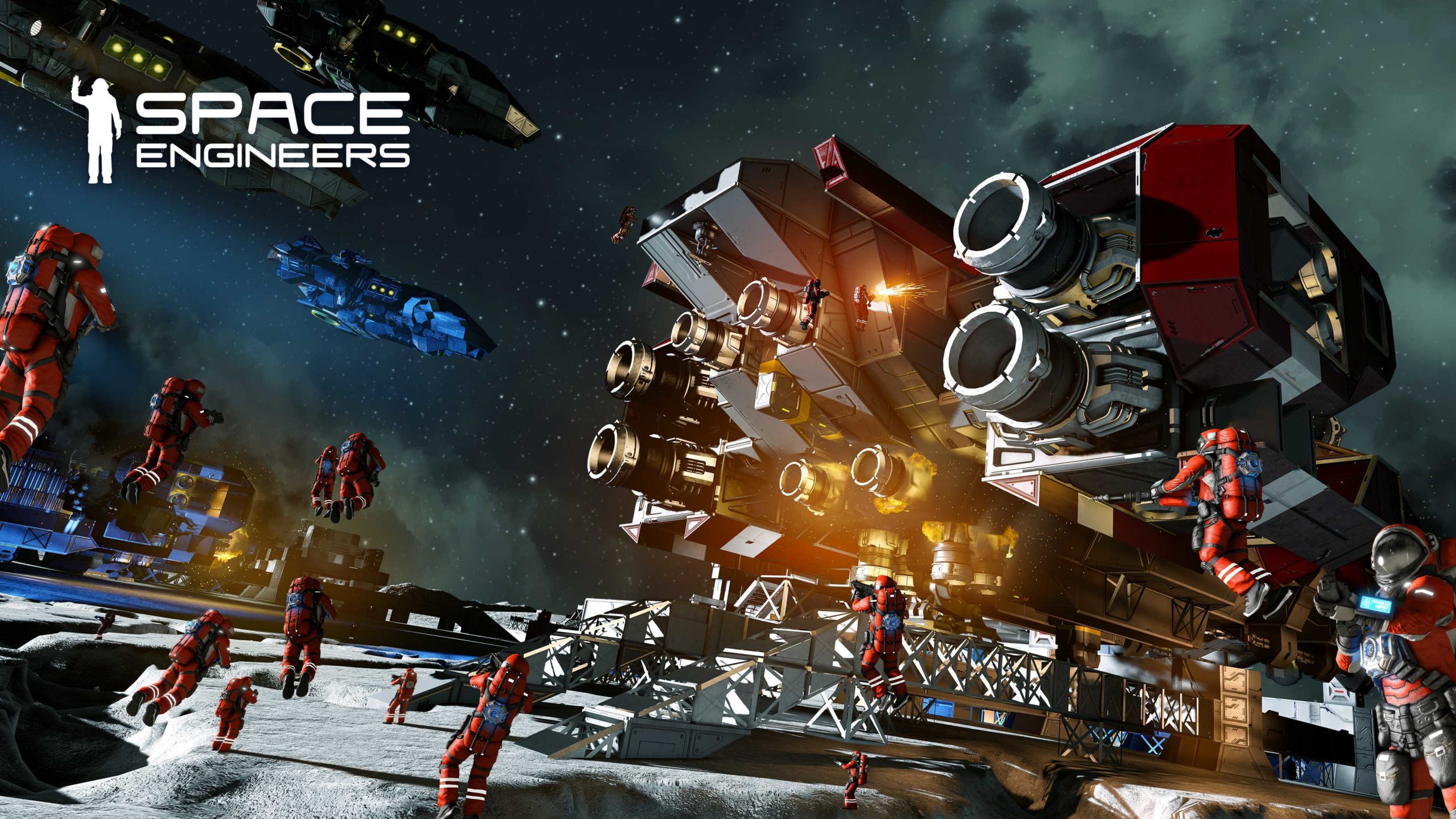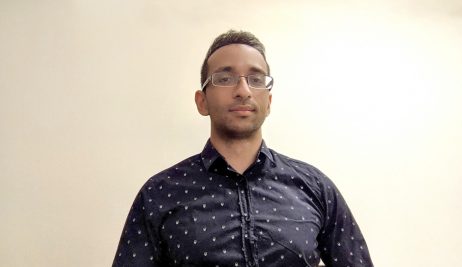Summary
- Dr. Kai Arulkumaran of Araya has received a grant from GoodAI in order to apply open-ended algorithms to generating video game content (such as spaceships and space stations) in the sandbox game Space Engineers.
- The project aims to test the power of open-endedness in computational creativity and human-machine collaborative design, ending with an algorithm that can create fully functional and visually appealing game content.
- The project will provide insights about the role of multi-agent interactions in open-ended, lifelong learning, which relates it to GoodAI’s research into lifelong-learning AI (Badger architecture).
- GoodAI team will provide technical support for the project,
Open-ended algorithms are a divergent search process, constantly looking for novel solutions. The goal of a new project led by Dr. Kai Arulkumaran of Araya is to investigate the power of open-ended algorithms in computational creativity and human-machine collaborative design. The project is funded by research and development company GoodAI.
The algorithms will be used to generate in-game content for the video game Space Engineers, such as spaceships and space stations, that are not only visually appealing to humans, but also functional. The research team will create a visual interface for game developers and players allowing them to use the algorithm without coding and provide feedback on it, so it can be further improved.

The project stems from Dr. Arulkumaran’s previous work, where he has been building on research into Generative Adversarial Networks and applying a modification of the Minimal Criterion Coevolution (MCC) algorithm to generate digital art (images and audio). Unlike art, however, video game content must satisfy additional constraints of functionality to be appealing to players. These constraints will provide additional pressure towards more complex generations.
Dr. Arulkumaran, Research Team Lead at Araya, said: “Natural evolution has produced a plethora of amazing creatures, filling all sorts of ecological niches. The goal of the research is to replicate this powerful, open-ended process using populations of interacting agents, and harness it for creative purposes. I’m excited to collaborate with GoodAI on this project with the aim of advancing both our understanding, and practical applications, of AI.”
The project is funded by the ongoing GoodAI Grants initiative, which has awarded over $600,000 so far. The initiative is supporting research groups across the world that are solving problems related to GoodAI’s Badger architecture. The vision is that each research grant, along with the work of the GoodAI research team, will contribute to basic AI research, and all together fill in some of the gaps in the roadmap to advanced, increasingly general and human-like AI.
Marek Rosa, Founder, CEO and CTO of GoodAI, said: “Kai’s system has two major similarities with our Badger architecture, it is both multi-agented and open-ended. He is relying on the assumption that a multi-agent structure is necessary to achieve open-ended, lifelong learning and this is something of great interest to our research team. At the same time I am optimistic that the game content creation tool that will be one of the outcomes of this project will enable new levels of content creation in Space Engineers for our developers and hopefully even for our players. I am impressed with Kai’s novel approach and his focus on using art as a medium for scientific exploration.”
Collaborate with us
If you are interested in Badger Architecture and the work GoodAI does and would like to collaborate, check out our GoodAI Grants opportunities or our Jobs page for open positions!
For the latest from our blog sign up for our newsletter.






